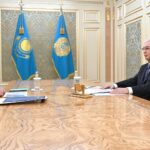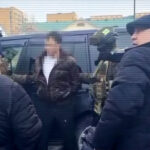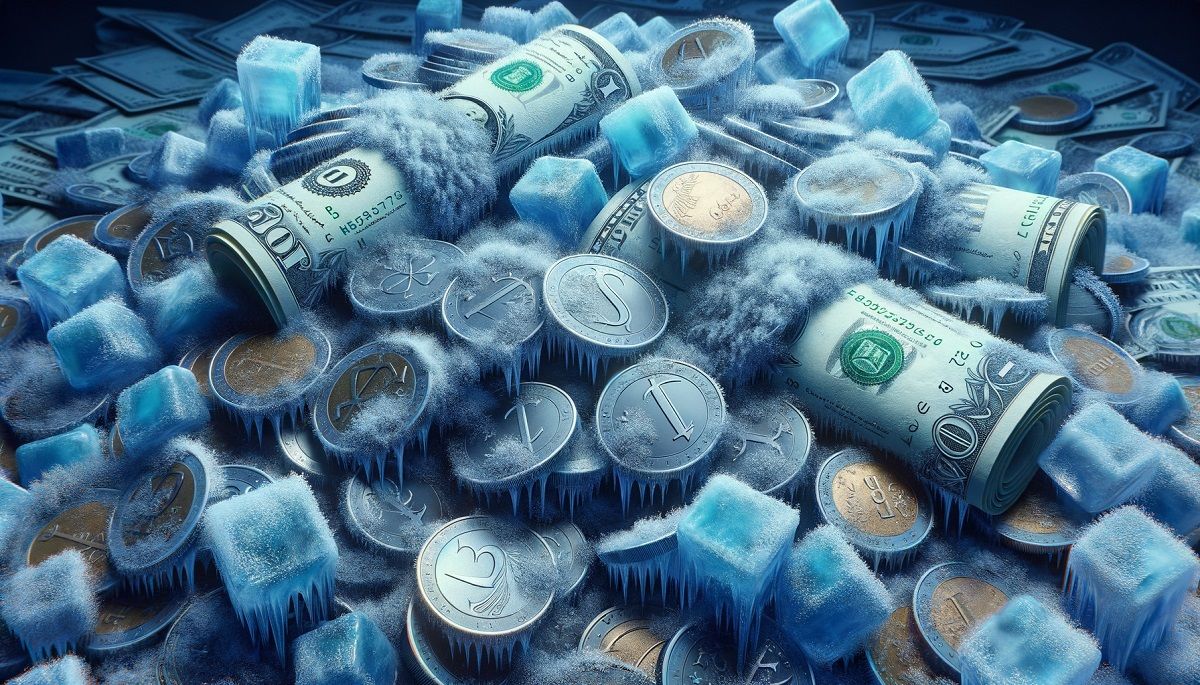The United States is seeking to confiscate frozen Russian reserves — around $300 billion worldwide — and transfer them to Ukraine, while EU leaders are advocating for the seizure of only profits from assets, estimating them to reach 15-20 billion euros by 2027.
Most of these funds are stored centrally, meaning they are easily accessible for any actions by the West. Russia, however, claims that any attempt to seize its capital or interest would be «banditry,» and warned of catastrophic consequences, although it is unclear how exactly it could react. Former Russian President, now the First Deputy Chairman of the Military-Industrial Commission of the Russian Federation, Dmitry Medvedev admitted that Russia does not have enough U.S. state property to respond symmetrically, and instead it will have to deal with the money of private investors — a step, he said, would be no less painful.
Reuters agency spoke with six economists, lawyers, and experts who have been tracking the state of assets frozen by both sides since the beginning of the war in Ukraine in February 2022.
They unanimously agreed that one of the most likely countermeasures would be the confiscation of financial assets and securities of foreign investors that are currently held in special accounts (type C), access to which has been blocked since the beginning of the war, if Moscow does not provide a waiver.
Russia does not disclose the amount of funds in the accounts of the National Clearing Depository of the country, which has been sanctioned. Russian officials have stated that this amount is comparable to the $300 billion in frozen Russian reserves.
«Payouts on blocked assets in type C accounts may begin to be confiscated in favor of the state,» said Vladimir Yazev, manager of the investment portfolio of the investment company Aigenis.
«In addition, the government may consider measures to block off-exchange assets still owned by unfriendly countries,» say lawyers. These assets include taxes, grants, and private donations. If non-residents refuse to participate in the asset exchange scheme conducted by the appointed state Russian broker, the only remaining option will be confiscation or enforcement.
According to this scheme, Western residents will receive blocked assets of Russians in foreign securities, while Russians will receive blocked assets of Russians in Russian securities. Retail investors wishing to participate must submit proposals by May 8.
Kremlin spokesperson Dmitry Peskov said over the weekend that there is still a lot of Western money in Russia that could be subject to Moscow’s retaliatory measures. He said the government will also fight asset confiscation. «Russia will tirelessly defend its interests,» he said.
Corporate Take-Over
On Saturday, Medvedev proposed the confiscation of private individuals’ Russian assets in response to any U.S. confiscation of its reserves, adding that such a step is justified by the «hybrid war» being waged against Moscow.
The former president, who holds tough views towards the West, is a close ally of President Vladimir Putin and retains influence as the Deputy Chairman of the Security Council of Russia. However, since Western countries imposed extensive sanctions in response to the invasion of Ukraine, foreign assets in Russia have decreased by about 40% to $696 billion, according to central bank data, which to some extent reduces the potential of such a threat.
In addition to stakes in companies and physical assets, Russia could redirect foreign investments into securities, believes one economist who requested anonymity due to the sensitivity of the topic. But experts say that the latest published data from the Central Bank of Russia on foreign direct investment shows that a significant portion of foreign money likely comes from Russian companies registered abroad.
Russia stopped publishing country-specific data after the invasion, but the last such data, published on January 1, 2022, showed that Cyprus, where many Russian companies are registered, accounted for almost 30% of all Russian foreign direct investment.
Many Russian companies are also registered in the Netherlands.
«Most of the total volume of foreign direct investment in Russia is actually Russian money,» said Gian Maria Milesi-Ferretti, Senior Research Scholar in Economic Studies at the Hutchins Center on Fiscal and Monetary Policy at the Brookings Institution, an American think tank.
Russian state news agency RIA reported in January that Western firms’ assets worth $288 billion are ready for confiscation in Russia, citing data from January 2022.
Reuters was unable to determine where the agency got its data, but central bank data showed that derivatives and other foreign investments amounted to $289 billion at that time.
By the end of 2023, this figure had fallen to $215 billion. RIA also reported that $98.3 billion and $50.1 billion of these assets respectively are accounted for by Cyprus and the Netherlands, implying a high degree of ownership by Russian companies.
Compensation is Already in Place
Moscow has already forced foreign companies selling assets in Russia to do so at a discount of no less than 50%. Other Western assets have been placed under temporary management and appointed Kremlin-friendly leaders. Western companies have acknowledged losses totaling $107 billion, which is a significant amount exceeding the value of physical assets.
«Russia has already seized branches of Western firms, often for a pittance,» said Milesi-Ferretti. But the value of the seized assets lies not only in buildings and equipment, but also in technologies, know-how, and connections, he added.
Energy group Shell, fast food giant McDonald’s, and automakers Volkswagen and Renault have sold their Russian businesses. Others, including Austrian bank Raiffeisen, food group Nestle, and American food and beverage giant PepsiCo, continue to operate.
Another sphere of Moscow’s influence is Europe, where Brussels-based depository Euroclear holds the majority of Russian reserves. Some politicians in the bloc are nervous that the euro could suffer if other countries, such as China — an ally of Russia — begin repatriating reserves as a precautionary measure against future attacks.
There is also a risk that Russia may try to confiscate Euroclear funds in securities depositories in Hong Kong, Dubai, and elsewhere through legal action. Concerns arise that this could deplete Euroclear’s capital and require massive financial assistance.
A Euroclear representative declined to comment on what Russia might do.
«Euroclear, of course, considers all possible risk scenarios and strengthens its capital, retaining profit associated with Russian sanctions as a buffer against current and future risks,» added the depository representative.
According to Milesi, while its ties with the West have deteriorated, Russia has used a nearly $300 billion current account surplus in 2022-2023 to increase its foreign assets — likely in so-called friendly jurisdictions that do not openly oppose the war in Ukraine.









